Here’s How To Build a 6-Month Emergency Fund
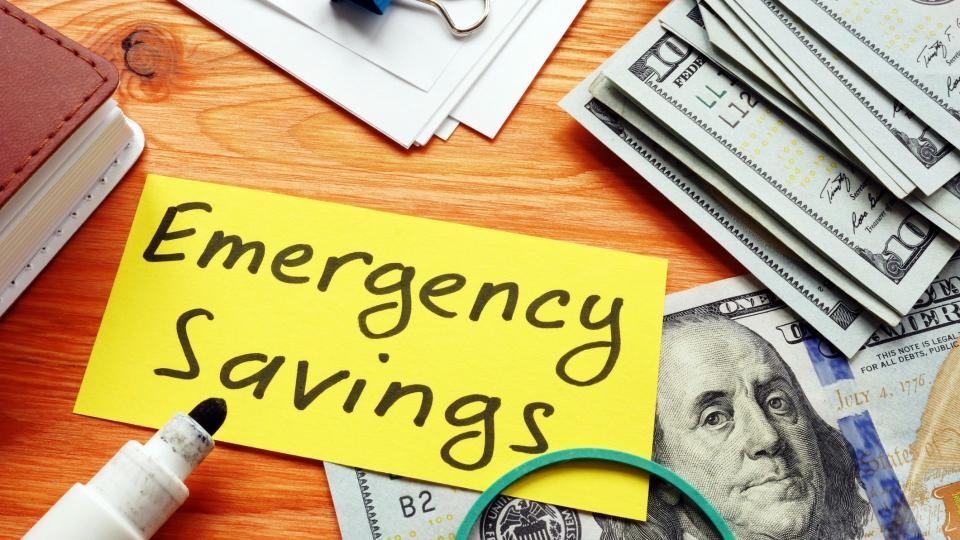
We may be a country sorely lacking in financial literacy, but we all have one core principle ingrained in us: We must have an emergency savings fund.
I'm a Financial Advisor: These Are the Worst Money Mistakes I See People Make
Learn: How To Build Your Savings From Scratch
In theory, it sounds pretty simple: You make a certain amount of income and set a certain amount of that aside in an account that you only tap into when the going gets especially tough and you need to shell out dough for something like a new car part or a surprise medical bill. But embarking on building a six-month (the recommended amount) emergency fund can be challenging.
Where do you begin? With the help of finance experts, we've laid out a multi-step plan of attack.

Go In With the Right Mindset
"Saving is primarily a mental game that you can win," said Adam Garcia, founder of The Stock Dork. "Setting away even a tiny amount of money on a regular basis can eventually lead you to your objective, no matter how low your starting point is. Time and a little self-control are all that is required."
I'm a Self-Made Millionaire: These Are the 6 Investments Everyone Should Make During an Economic Downturn
I'm a Financial Planning Expert: Here Are 5 Things You Should Never Spend Money on If You Want To Be Rich

Get an Accountability Partner
"The journey to starting and faithfully contributing to an emergency fund is more successful when done with a partner," said Lucia Jensen, CEO of WeLoans. "Consider working with your financial advisor to help you stay on track."
See: 9 Bills You Should Never Put on Autopay

Map Out Your Spending
"Take the time to distinguish what your necessary expenses are, and what your discretionary expenses are (i.e. streaming services, shopping for clothes)," said Katie Ross, EVP of American Consumer Credit Counseling (ACCC). "If you're in a tight spot financially, you may want to cut out some discretionary spending. Your emergency fund should cover your essential needs. After you calculate your total expenses for one month, multiply that number by six. The final number is how much money you should have for your six-month emergency fund."
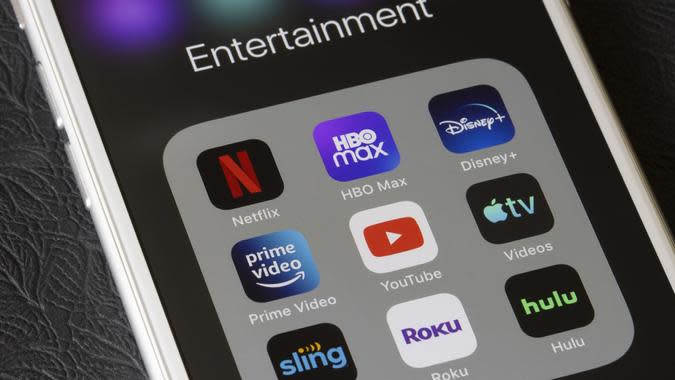
Rethink Subscriptions and Sign Up for Promotions
"Whether it's your cable company, cell phone provider, or gym membership, it's time to rethink the value of your subscriptions to their services," said Owen Wilcox, co-founder of USInstallmentLoans. "You have probably forgotten about other subscriptions, yet they continue charging monthly fees. Consider canceling, putting some on hold, or renegotiating the deals to free up critical funds to be redirected to your emergency fund."
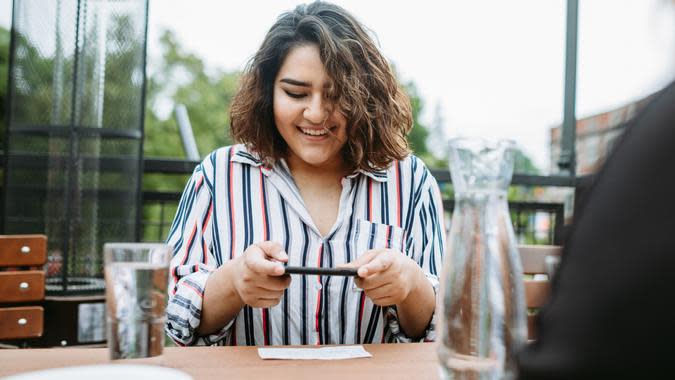
Start Setting a Percentage of Your Paycheck Aside
"Once you've determined your monthly expenses, it's time to start putting aside money for your emergency fund," Ross said. "If your budget allows, save 5 to 10% of your paycheck. To add even more money to your emergency fund, consider cutting out discretionary spending (such as on coffee or going out to eat) for a few months. If you receive any cash gifts, tax returns, or have leftover money from your budget you didn't spend, redirect all that to your emergency fund."

Set Small, Inspiring Goals
"Instead of one major savings goal, make multiple smaller ones," Garcia said. "Prepare for success from the beginning. Plan for one month's worth of spending rather than three months' worth immediately. Or you could wait a month. Whatever you need to do to make your initial objective seem attainable."
Once you accomplish your first goal, you should feel inspired to continue with a slightly bigger goal.
"Make your second goal even more challenging, and your third goal even more challenging still," Garcia said. "As time goes on, you'll have developed a habit of saving, and the positive motivation you're generating by achieving modest goals will help propel you toward bigger ones."
I'm a Financial Planning Expert: Here Are 5 Things You Should Never Spend Money on If You Want To Be Rich

Set a Long-Term Goal, Too
"Set a long-term savings goal for an amount that you want to meet," said Dr. Kortney Ziegler, CEO and founder of WellMoney. "Then break that down into smaller daily saving amounts that you can maintain in order to achieve that bigger goal. For example, if you wanted to save $500 over the next six months, you'd set a daily goal of saving -- at minimum -- of approximately $0.34 cents a day."

Automate the Process of Saving
"The simplest method to conserve money is to keep it out of your sight and mind," Garcia said. "Direct deposit is offered by the majority of employers, and some even allow deposits to be made to more than one account. Your company or bank can automatically deposit the amount you choose into a separate account for your emergency fund."
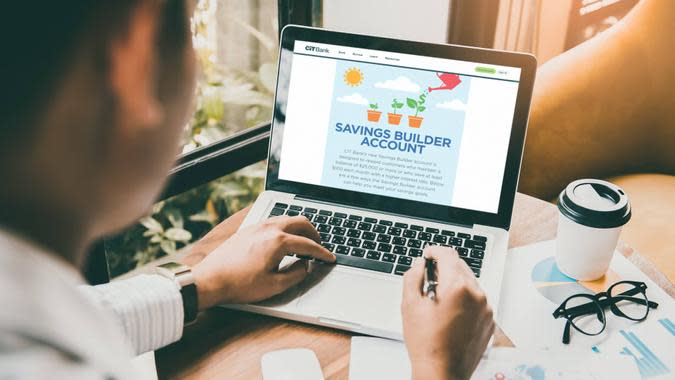
Store Funds in a Proper Savings Account
Before you start building your emergency fund, you need to find the right place to stash it. A proper emergency fund account offers two key characteristics: A generous interest rate and easy access to your money.
That's why many experts suggest you open a high-yield savings account.
"High-yield savings accounts allow the client to earn interest rates at a higher level, currently some of the highest we've seen in many years," said Morgan Gray, SVP, Head of Bask Bank and Consumer Segmentation. "And while you're earning high rates, your money is still accessible to use. Alternate savings vehicles such as a 401(k), a CD account, or stock market investments might not offer the opportunity to withdraw money right away if you need it in a pinch. But with a high-yield savings account, you have full access to your money anytime and can withdraw without penalty."

Don't Increase Your Monthly Expenditures or Get a New Credit Card
"Don't allow yourself to be lulled into a false feeling of security about your financial situation once you've established automated savings," Garcia said. "In the example of giving up a new pair of shoes every month only to replace it a few months later, you're not saving at all."
Watch Out: Facebook Marketplace Scams To Watch Out For in 2023

Tap Into the Gig Economy
If you're living paycheck to paycheck and saving from your paycheck just isn't going to happen, consider nabbing a side hustle -- the market for those jobs is hot right now.
"For those who can, this is a time to take advantage of the high hourly rates many businesses are offering for part-time positions," said Sean Fox, president of Freedom Debt Relief and chief revenue officer of its parent company, Freedom Financial Network. "Working extra hours at a retail store or even your own workplace may not be exciting, but it's a great way to generate extra income and get that fund built up."
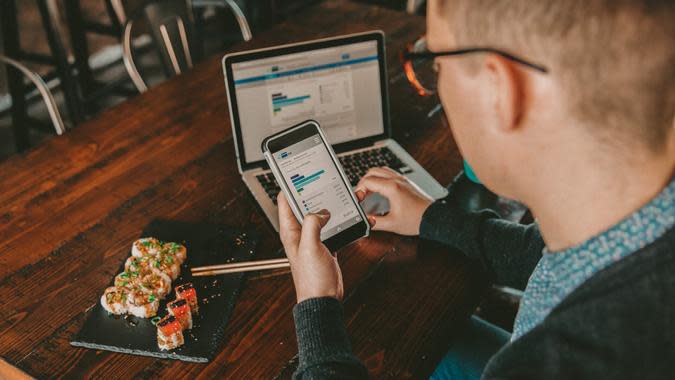
Don't Save Too Much -- Invest the Rest!
"Your money is probably sitting in a low-yielding savings account, which means it's earning virtually nothing," Garcia said. "Once you've achieved your final aim, you should stop making contributions to that account. Your retirement funds are a good place to start because they'll be able to bear the most fruit over time if you're patient."
More From GOBankingRates
This article originally appeared on GOBankingRates.com: Here’s How To Build a 6-Month Emergency Fund

 Yahoo Finance
Yahoo Finance